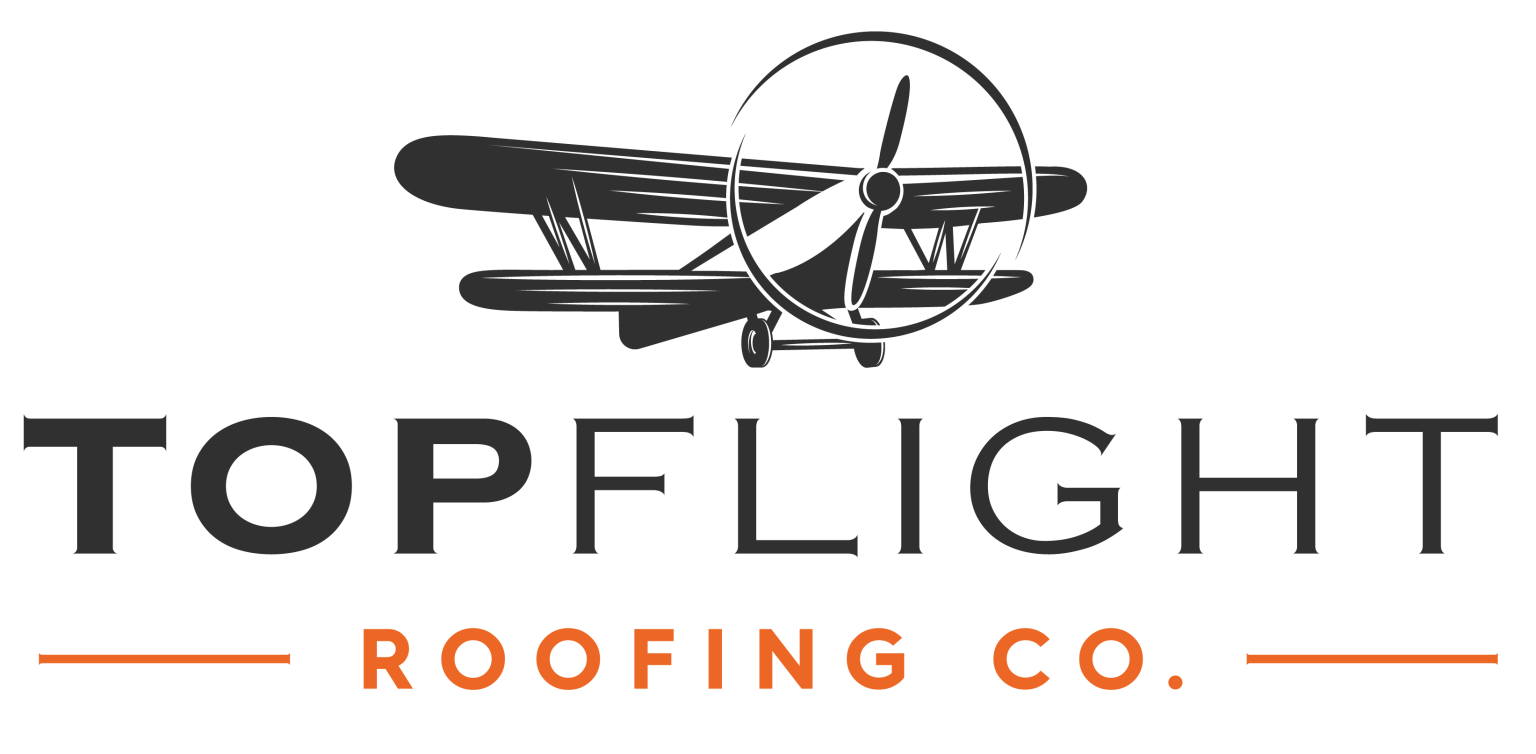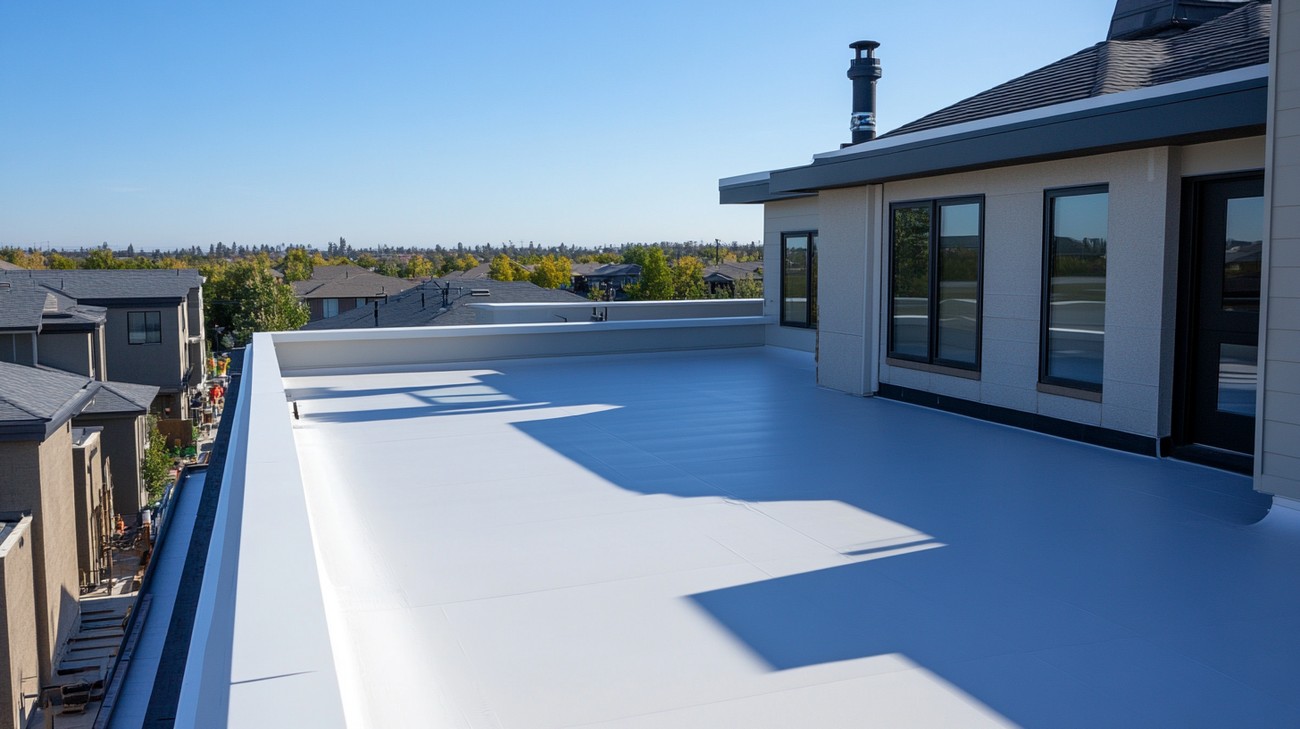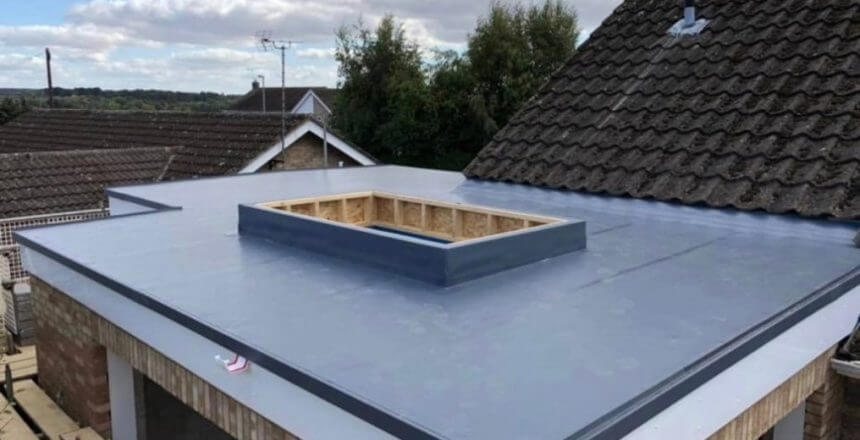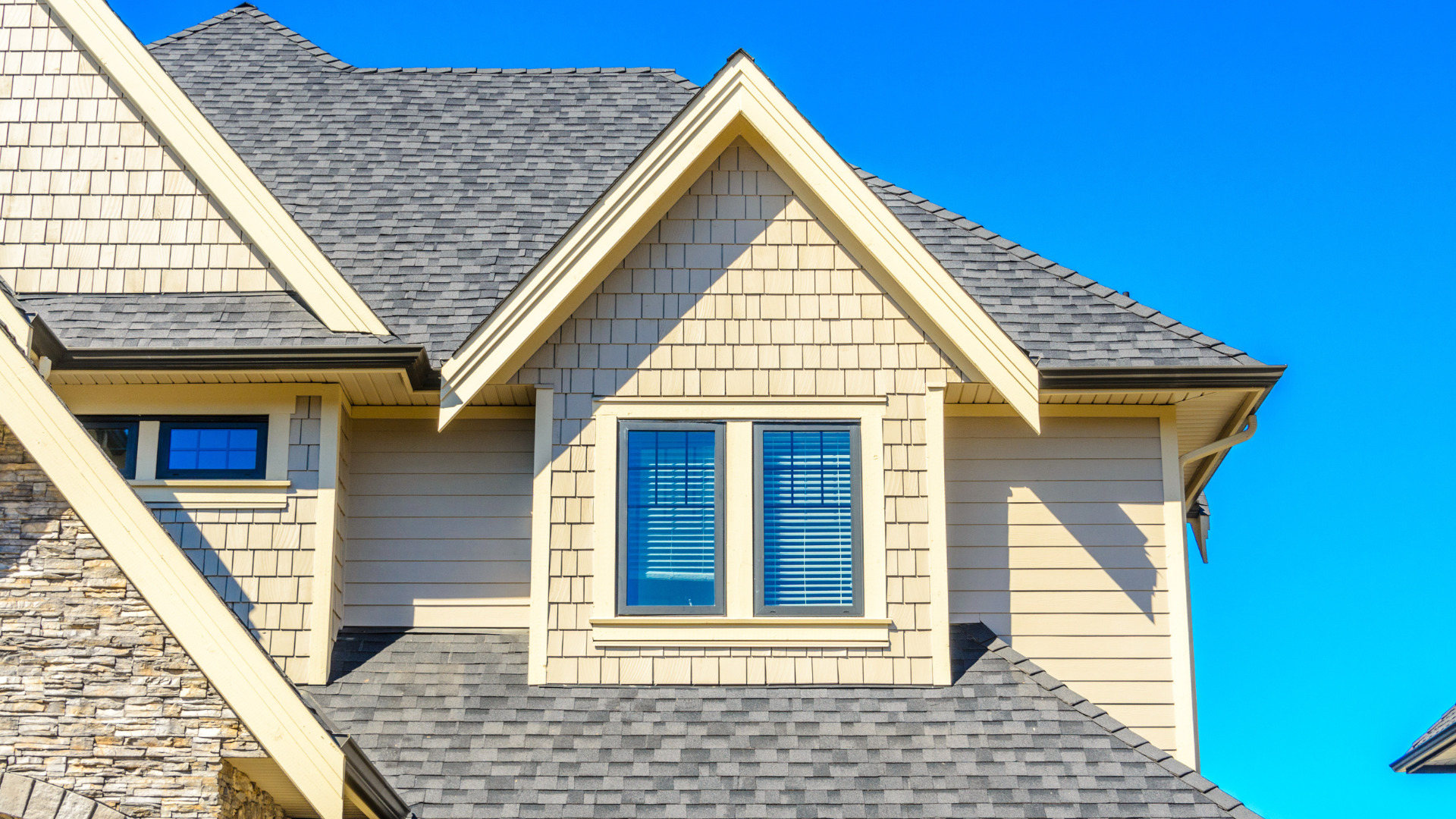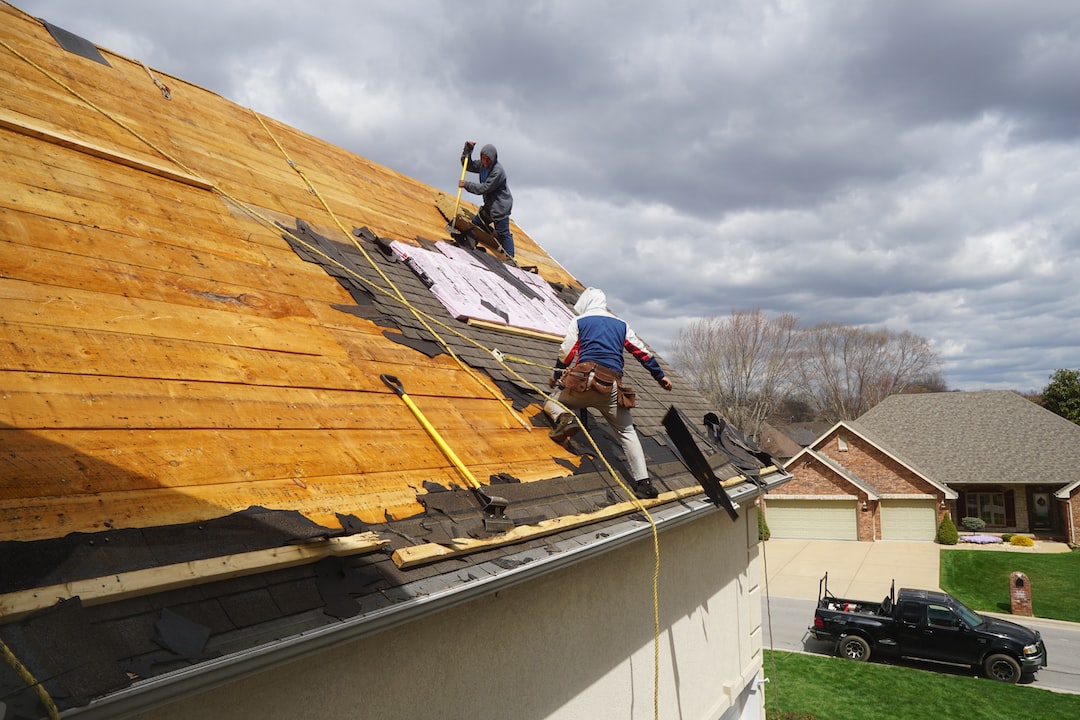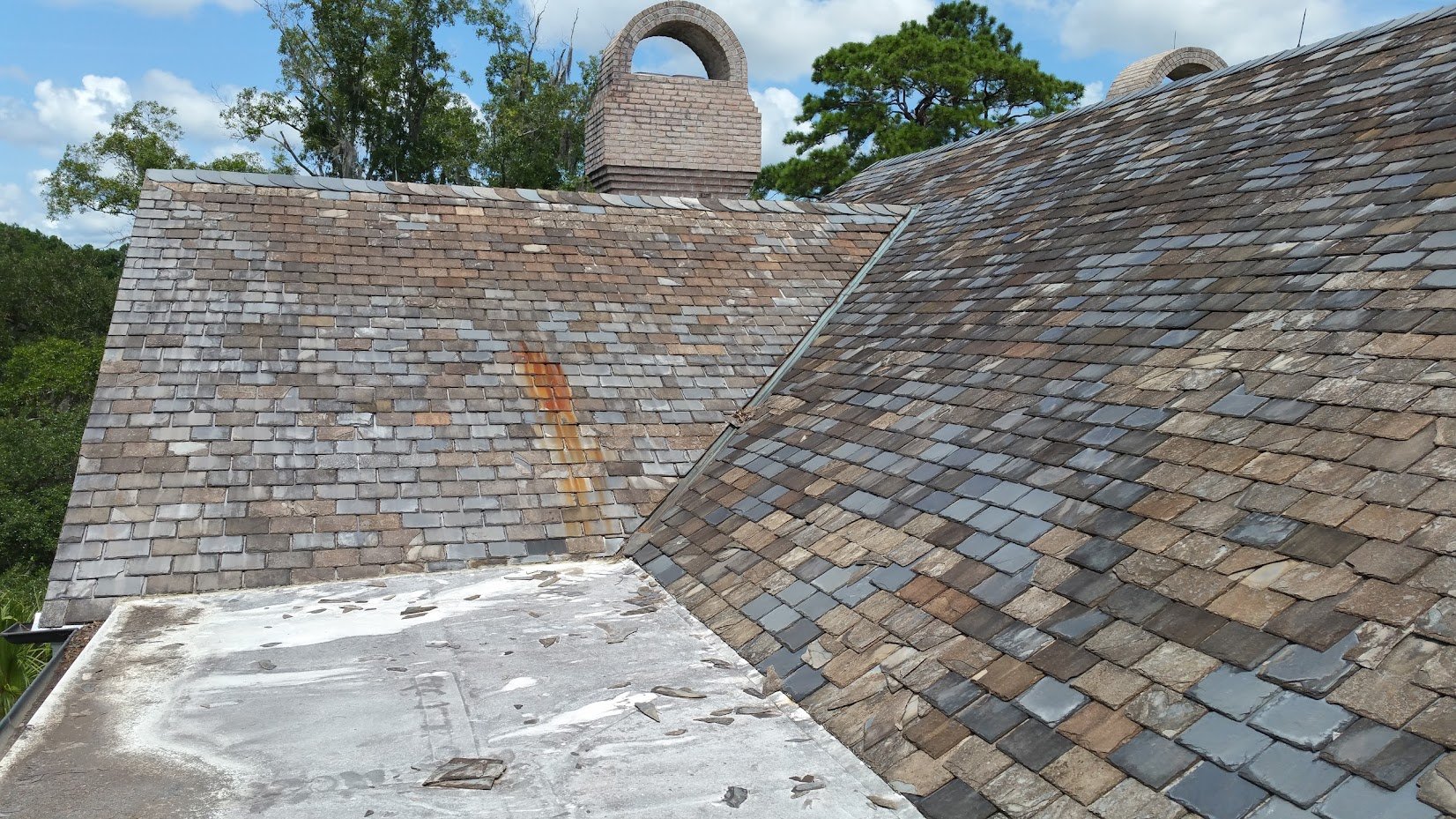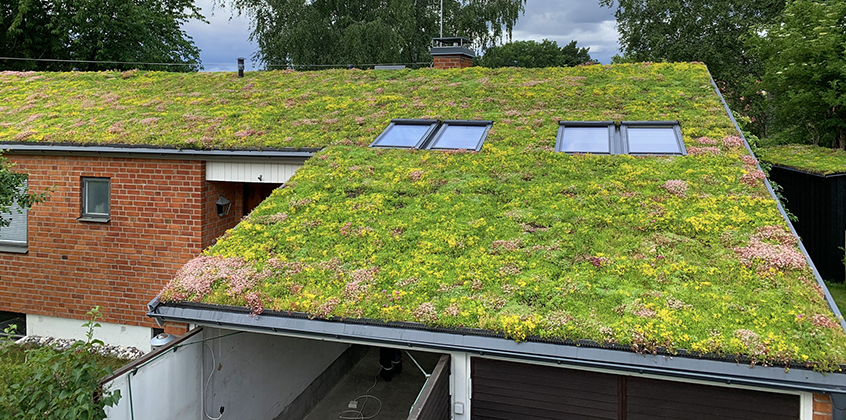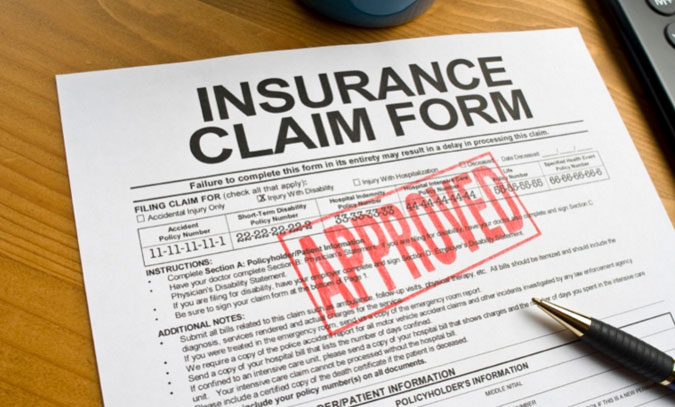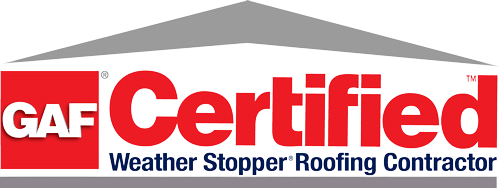In the realm of commercial building maintenance and construction, the choice of roofing material plays a pivotal role in both the protection and energy efficiency of the structure. Among the plethora of options available to building owners and managers, Polyvinyl Chloride (PVC) roofing stands out for its exceptional balance of durability, cost-effectiveness, and environmental performance. This blog post delves into the myriad advantages that make PVC roofing an excellent choice for commercial properties, aiming to illuminate the unique benefits that accompany its installation.
PVC roofing’s growing popularity among commercial buildings is no accident; it’s a direct result of its comprehensive range of benefits, tailored to meet the demands of modern construction and sustainability standards. From its incredible durability and longevity to its positive environmental impact, PVC roofing represents a forward-thinking choice for any commercial facility. Let’s explore the defining characteristics and advantages that position PVC roofing as a top contender in the commercial roofing arena.
Overview of PVC Roofing
PVC roofing, known for its versatility and resilience, is a premier choice in the arsenal of roofing materials for commercial buildings. Originating from the chemical compound polyvinyl chloride, PVC roofing membranes have been engineered to withstand the rigors of varied climates and environmental stressors. The fabrication process of PVC roofing involves the combination of plasticizers, stabilizers, and other additives, which enhance its flexibility, UV resistance, and overall durability.
The inception of PVC as a roofing material dates back several decades, with its application evolving alongside advancements in manufacturing technologies. Today’s PVC roofing systems are the culmination of years of research and development, offering unparalleled performance against water intrusion, wind uplift, and fire propagation. This section of the blog would delve deeper into the technical composition of PVC roofing, emphasizing the features that contribute to its standing as a top choice for commercial applications.
Key Advantages of PVC Roofing
Durability and Longevity
One of the most compelling attributes of PVC roofing is its exceptional durability. Designed to resist the common pitfalls that plague other roofing materials, such as cracking, tearing, and puncturing, PVC roofs stand the test of time against harsh weather conditions, including extreme temperatures, heavy rains, and intense UV exposure. This resilience translates to an impressive lifespan, with PVC roofs often remaining functional and effective for over 20 years, significantly reducing the need for frequent replacements and repairs.
The longevity of PVC roofing is not just a testament to its material strength but also a reflection of its cost-effectiveness. While the initial investment may be higher compared to some alternatives, the extended lifespan and minimal maintenance requirements of PVC roofs offer long-term savings. This durability ensures that commercial buildings can enjoy continuous protection without the looming concern of premature roof failures.
Chemical Resistance
For commercial buildings that host restaurants, industrial facilities, or any operations involving oils, fats, and chemicals, PVC roofing offers an invaluable advantage: chemical resistance. Unlike other materials that may degrade or weaken upon exposure to certain substances, PVC roofs maintain their integrity even when confronted with harsh chemicals. This unique property ensures that buildings susceptible to chemical exposure can rely on their roof’s durability over time, safeguarding the structure and its contents from potential damage.
The ability to withstand chemical interactions makes PVC roofing not only a practical choice but also a strategic investment for businesses operating in sectors where spills and emissions are common. By choosing PVC, building owners mitigate the risk of costly damage and maintenance issues related to chemical exposure, ensuring a safer and more reliable roofing solution.
The post would continue to explore each key advantage outlined in the initial request, such as energy efficiency, ease of maintenance and repair, and environmental impact, before transitioning into sections on installation, cost considerations, and real-world applications. Each section would be infused with expert insights, practical advice, and the latest industry trends to provide a comprehensive guide on PVC roofing for commercial buildings.
PVC roofing stands as a testament to what modern materials science can offer to the commercial construction industry. With its myriad advantages, from unparalleled durability and chemical resistance to significant energy savings and environmental benefits, PVC roofing is more than just a protective covering; it’s a strategic investment in the future of commercial properties. For building owners and managers seeking a roofing solution that balances immediate needs with long-term sustainability, PVC presents an option that is hard to overlook.
When considering a PVC roofing system for your commercial building, it’s crucial to partner with professionals who can ensure the quality of both the materials and the installation. Apex Roofing Pros specializes in providing top-tier PVC roofing solutions tailored to the unique needs of each commercial client. Contact us to explore how PVC roofing can enhance your building’s performance, sustainability, and aesthetic appeal, securing your investment for decades to come.
